Pakistan is making significant strides in integrating cryptocurrency into its economy, with plans to utilize surplus electricity for Bitcoin mining and AI data centers. This initiative aims to transform excess energy into economic assets, attracting global crypto miners and fostering digital innovation.
The Pakistan Crypto Council (PCC), led by CEO Bilal Bin Saqib, is at the forefront of this movement, proposing the use of surplus electricity to power Bitcoin mining operations. This strategy not only addresses energy wastage but also positions Pakistan as a competitive player in the global digital economy.
However, the International Monetary Fund (IMF) has raised concerns over this plan, questioning the legality of crypto mining in Pakistan and its potential impact on power tariffs and resource distribution. The IMF has requested urgent clarification from the Finance Ministry, especially as the country navigates ongoing negotiations tied to its extended financial program.
Despite these challenges, Pakistan’s government remains committed to embracing digital assets, with the establishment of the Pakistan Digital Asset Authority (PDAA) to regulate exchanges, wallets, and DeFi platforms. The PDAA aims to oversee the tokenization of national assets in line with international frameworks.
As Pakistan navigates the complexities of integrating cryptocurrency into its economy, the balance between innovation and regulatory compliance will be crucial. The country’s efforts to leverage surplus energy for digital growth could set a precedent for other nations facing similar challenges.
Disclaimer: All content published by Crypto Pro Live (CPL) is intended solely for informational and educational purposes. It does not constitute financial, investment, or legal advice. While we strive for accuracy and reliability, CPL assumes no responsibility for any financial decisions, losses, or actions taken based on the information provided. Readers are encouraged to conduct thorough research and seek professional guidance before making investment choices.




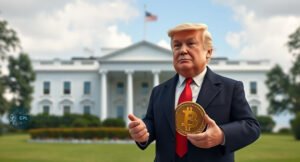



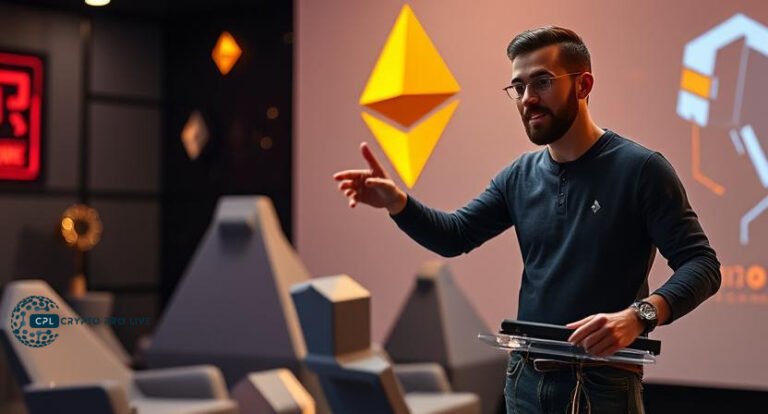

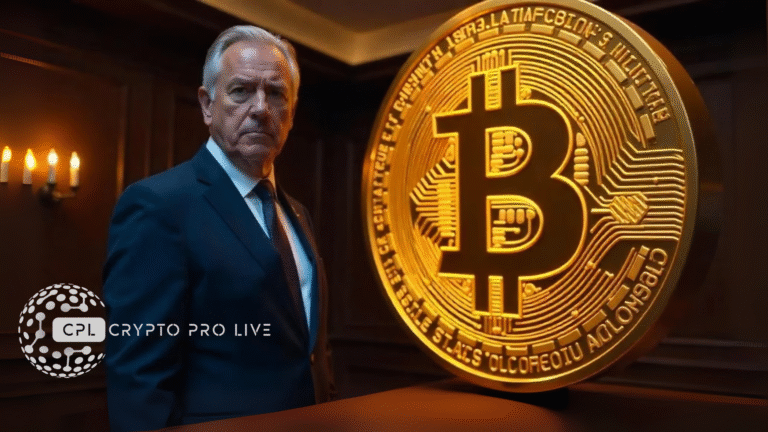




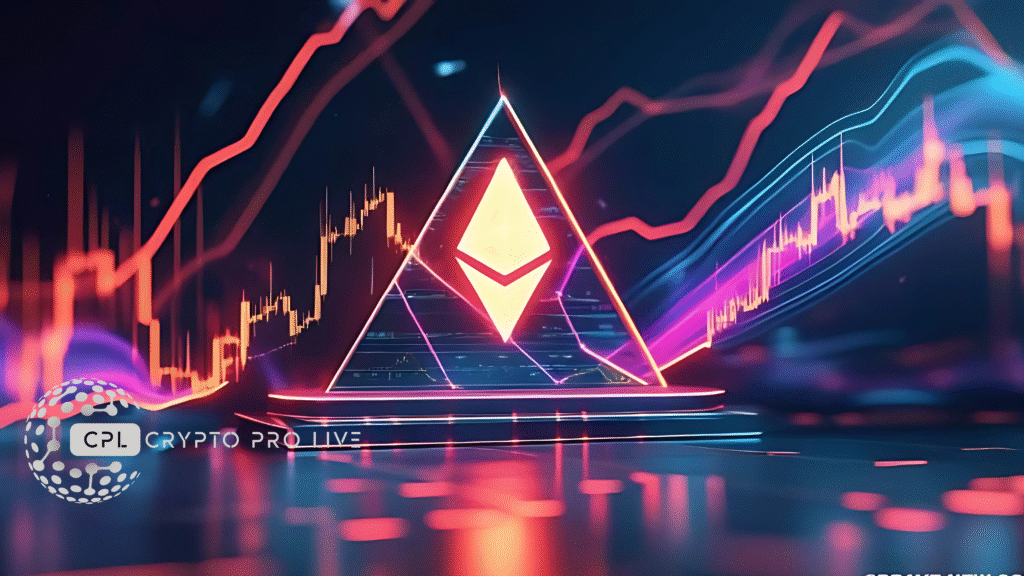

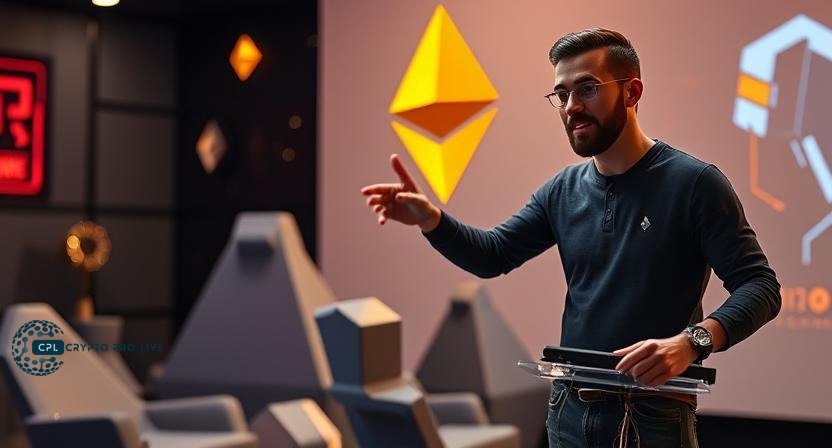
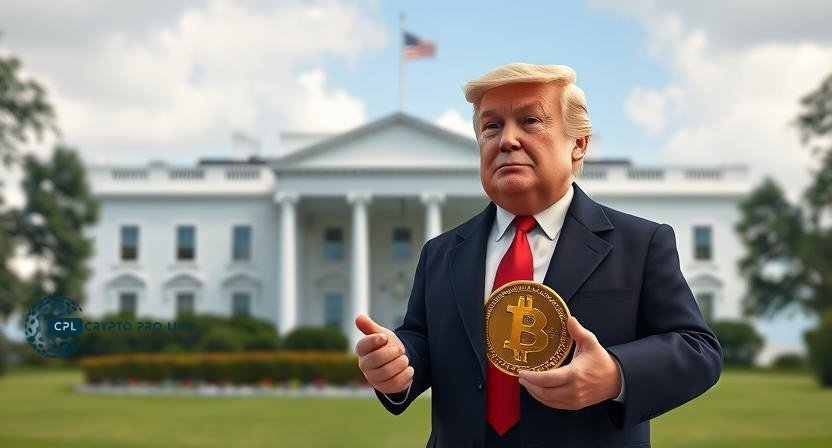
q6lk9i